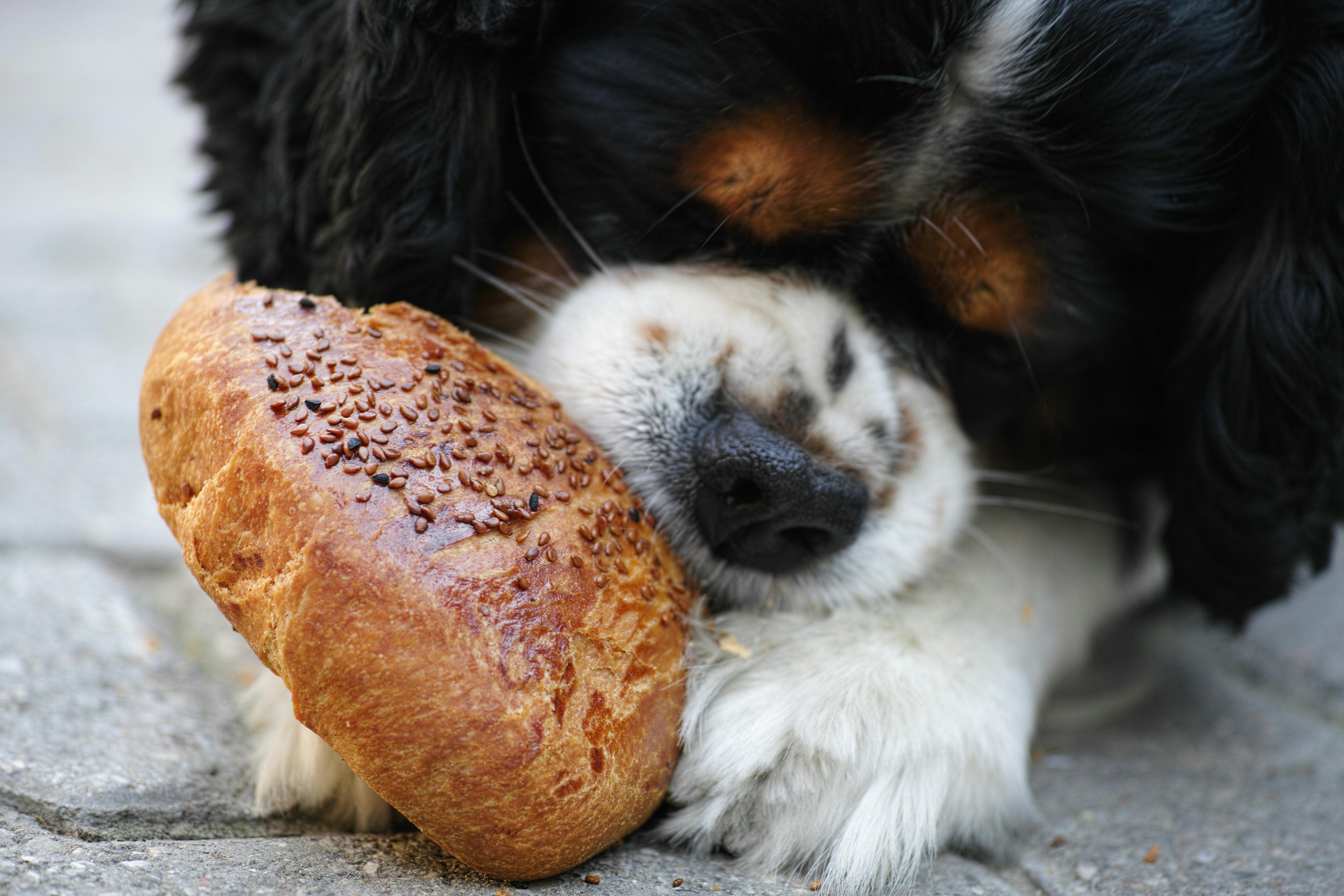What is it?
Pancreatitis is inflammation of the pancreas resulting from overstimulation. Onset generally occurs after ingesting large quantities of food high in fat and carbohydrates. One function of the pancreas is to secrete digestive enzymes that aid in breaking down food. When a dog is fed table scraps or high-fat treats, the pancreas becomes overstimulated and releases excessive amounts of these enzymes. Because there are so many extra enzymes released, they begin digesting the pancreas itself. This causes intense inflammation and major discomfort within the affected dog.

What are the clinical signs?
Signs of pancreatitis may include sensitivity in the upper abdomen, lethargy, diarrhea, vomiting, and lack of appetite. Some dogs may appear anxious due to discomfort.
How is it diagnosed?
Your veterinarian will perform a physical examination and take a brief history. A sample of your dog’s blood may be collected to run a test which looks for levels of enzymes above the normal range.
How is it treated?
Pancreatitis may require hospitalization in an intensive care hospital. Continuous intravenous fluids to replace fluid loss from vomiting and to help increase perfusion to the pancreas may be necessary. Special diets may be given as well as medications for pain and nausea during hospitalization.
What is the prognosis?
With early intervention and supportive care, the prognosis is generally good. However, without treatment, pancreatitis may worsen.